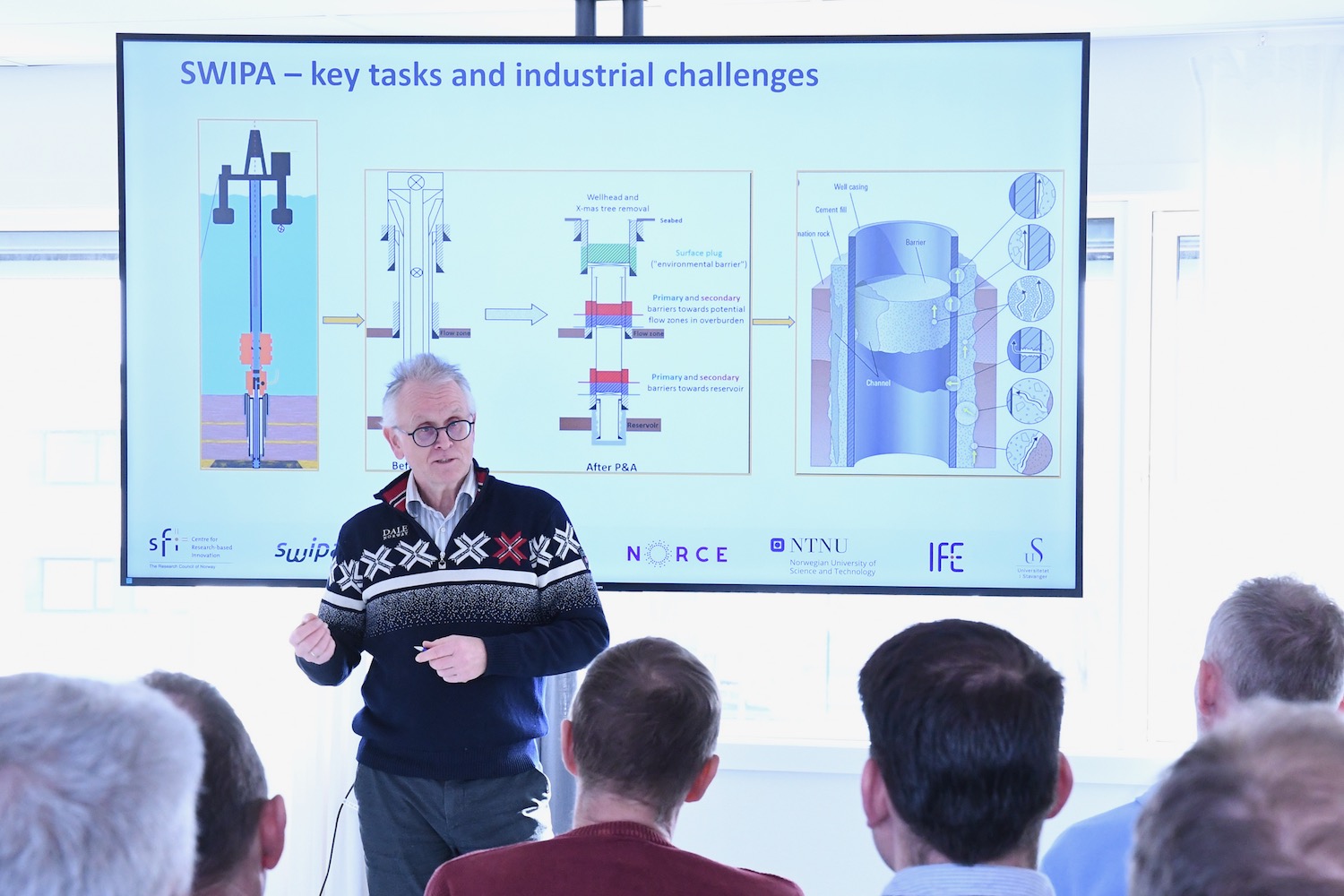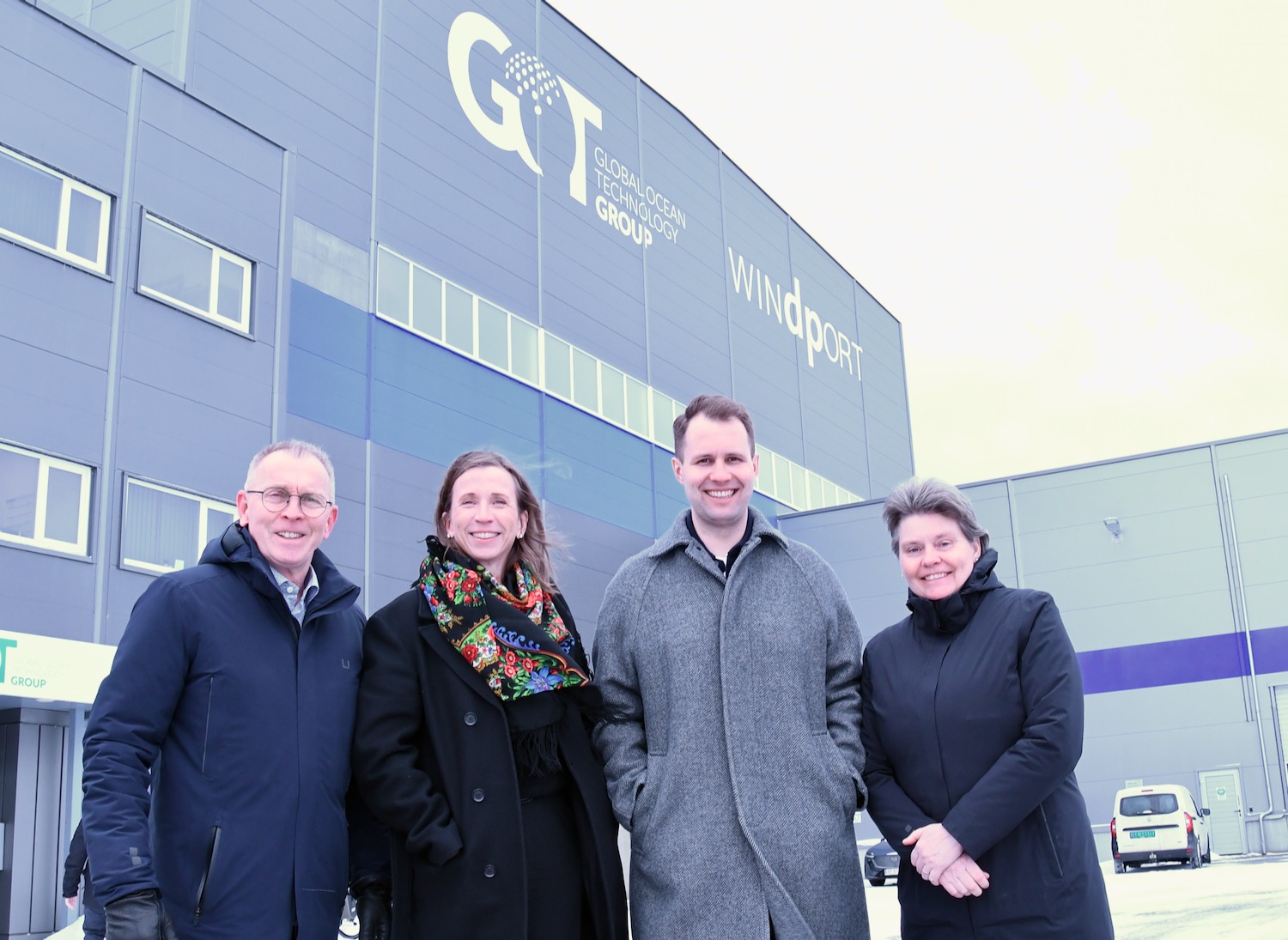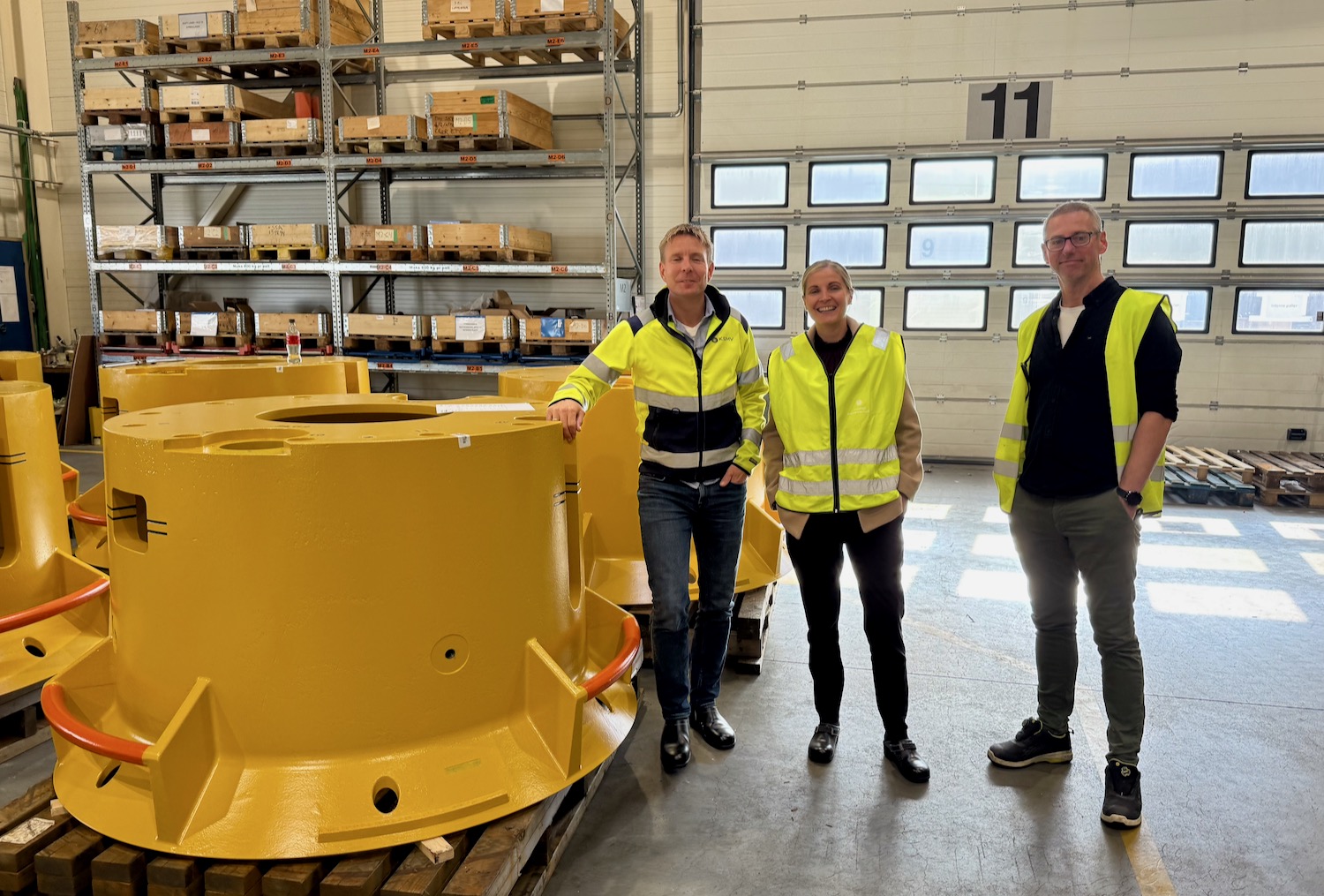ELBE EUROCLUSTER
By engaging and participating in the ELBE Eurocluster, GCE NODE has enabled two cluster companies to generate business and opened the door for more.
Strategaia and Capgemini have been allocated funds to assist companies in Norway and abroad with business models, business strategies, and sustainability. Norwegian companies are eligible for financial support to be trained within these topics. However, so far, non-Norwegian companies have been keener on utilizing the opportunity presented by the program.
The ELBE Eurocluster is a strong partner within Offshore Renewable Energy, which is of great interest and importance to GCE NODE. With a budget of more than one million Euro, the aim of ELBE Eurocluster is to encourage the development of SMEs in the field of innovation, internationalization, networking, and training.
Funded by COSME, project partners include Cluster Energia (Spain, project owner), Pole Mer Mediterranée (France), Blauwe Cluster (Belgium), Pomerania (Poland), Aberdeen Renewable Energy Group (Scotland), Energy Cluster Denmark (Denmark), and Offshore Väst/ RISE (Sweden).
MORE
Funded by the EU Clean Energy Transition Partnership program, the MORE project is established to develop the next generation marine materials for resilient offshore renewable energy devices.
“We are utilizing results from the previous NODE ART project to further develop efficient tribo-corrosion and multi-degradation qualification testing and validation methods for the development of next generation materials. This will ensure robust and cost-effective material selections of wear and corrosion resistant coatings for the wave and offshore wind energy,” says Christian von der Ohe, RD&I Manager at GCE NODE.
MORE demonstrates a multi-degradation validation pathway for materials and coatings for critical subcomponents to be used as a case study in the offshore renewable energy sector. The results of this project will also have many positive sustainability and cost efficiency impacts for the traditional offshore and marine sectors.
Innovative and reliable offshore renewable energy device technologies have gained much focus lately, due to many short service life issues . Experience from offshore O&G, operating in harsh marine environment is a complex and challenging process that puts the deployment of these very important technologies for future generations at risk.
MORE brings together a strong value chain from four European countries (Sweden, Norway, Denmark, and Italy) including research and innovation partners, technology developers, and actors in supply chain and validation. The project is run by RISE Research Institute of Sweden.
Project Status Update:
- Renewable Use Cases and Operating Conditions: The definition and selection of renewable use cases and the operating conditions of critical subcomponents have been identified and documented.
- Survey and Questionnaire: The survey and questionnaire have been completed, yielding valuable input and experience data. The compilation of O&G experience data and input for testing guidelines is ongoing.
- Baseline Material Multidegradation Testing (TRL 5-7): LSMD testing and test rig upgrades is currently in progress.
- Small-Scale Multidegradation Test Rig (TRL 3-5): The design and construction of the test rig are nearly complete and soon ready for base line material testing.



